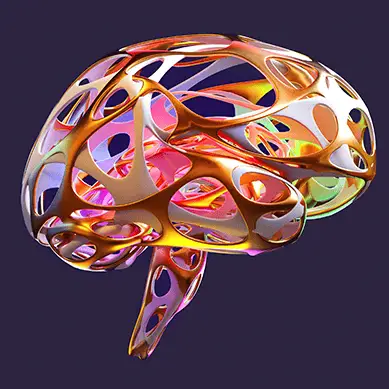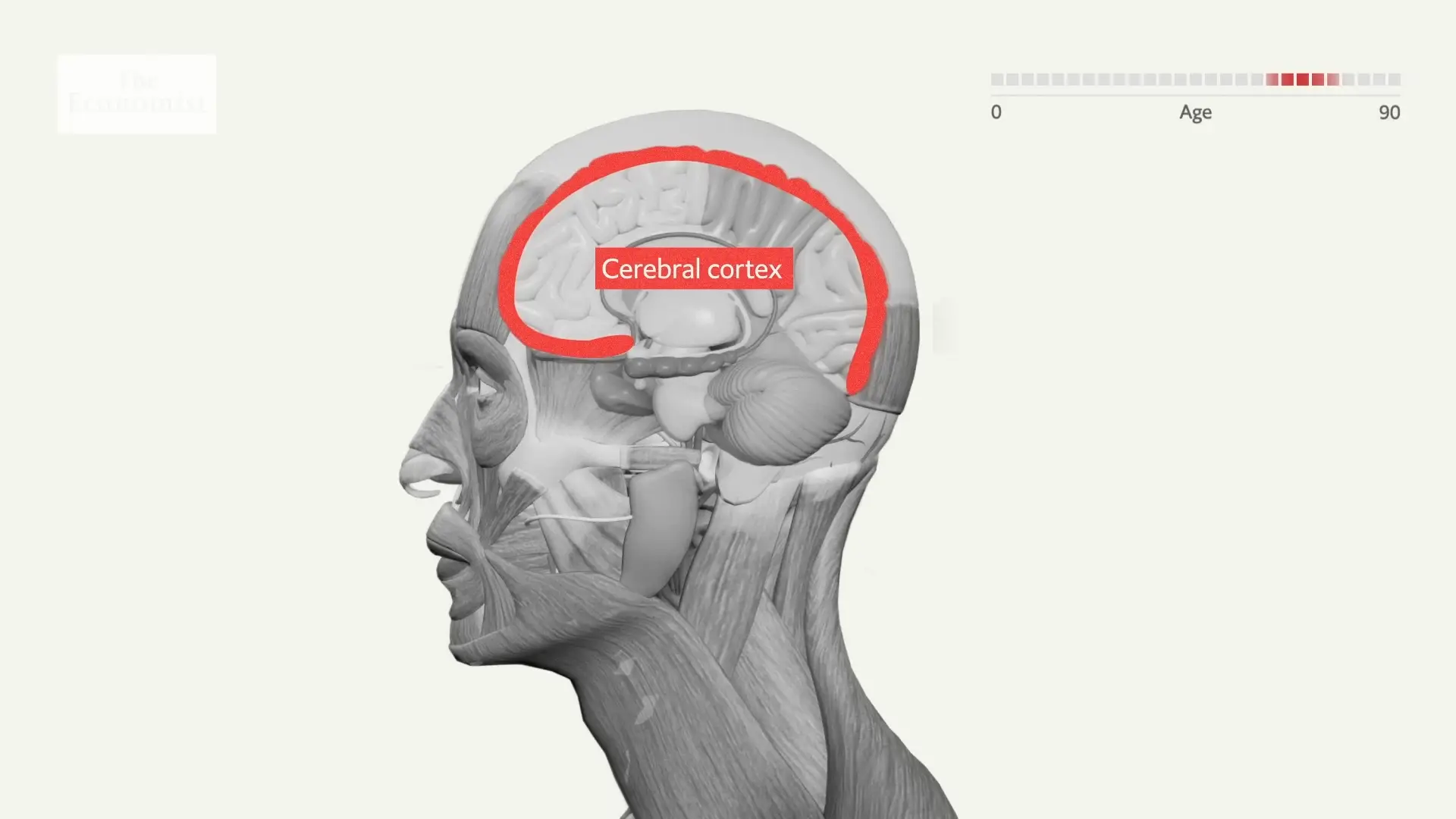
One YouTube video shows the incredible process your brain undergoes across the course of your life, as it's staggering how much it changes from the moment you're born to even after you die.
Your brain is arguably the most complex part of your body, as it's the data center or headquarters for pretty much everything that you do.
While it's only natural for your brain to develop over time, evolving as you grow older and changing through environmental factors like smartphones and AI usage, it remains fascinating once you actually look into the science.
One comprehensive YouTube video from The Economist shows a complete timeline of your brain's development, starting in the womb before you're even born and stretching all the way to your death and beyond.
Advert
Your brain starts to form at just two weeks after conception, and after four weeks your neural tube is formed which eventually evolves into your nervous system.
From that point onwards your brain continually grows nerve cells called 'neurons', and the roughly 100,000,000,000 of these you have at birth help you grow healthily in the early years.
You actually have more neurons when you're born than at any point in your life, as you continue to shed them as you grow older. In replacement, you begin to develop synapses, which are connectors that allow neurons to communicate with each other.
With more synapses and myelin - an insulating fatty substance - your brain is able to transmit information faster across your brain and execute more complex processes that are necessary for your development.
Scientists speculate that the rapid speed at which your brain forms these synapses in the early years contributes to how quickly you're able to pick up new skills and languages, and also why early-life experiences play such a key factor in how you develop as an individual.
When you're a teenager, parts your brain continues to develop at different speeds and areas like the ventral striatum - associated with the feeling of reward - develop quicker than the prefrontal cortex, which is associated with self-control and rationality.
Differences in development between the emotional and rational aspects of a teenager's brain also play into the increased likelihood of risk-taking and mood swings - both common teenage traits.
It's largely accepted that your brain reaches its full development by your early 30s, and the highest volume of myelin - otherwise known as 'white matter' - is in your 40s.
One of the more staggering aspects of middle age is how your amygdala shifts, which is the part of your brain that processes emotions. While younger individuals see strong responses to both positive and negative news, older amygdala typically only sees a strong response to positive information, likely due to experience in life.

When reaching later life your cerebral cortex, which is like the lining or 'protection' for your brain, begins to thin, affecting your memory, emotion, and navigation areas. Fewer chemical messages are sent due to a shrinking of white matter, which can include important responses like dopamine and serotonin.
Finally, it's been known for a while now that your brain doesn't stop working even after death, as simulations have shown how it continues to be active for several minutes after passing away.
It's certainly understandable that the brain would experience such dramatic shifts across the course of a lifetime, but it's still shocking how much it relates to what many experience as they grow older.
